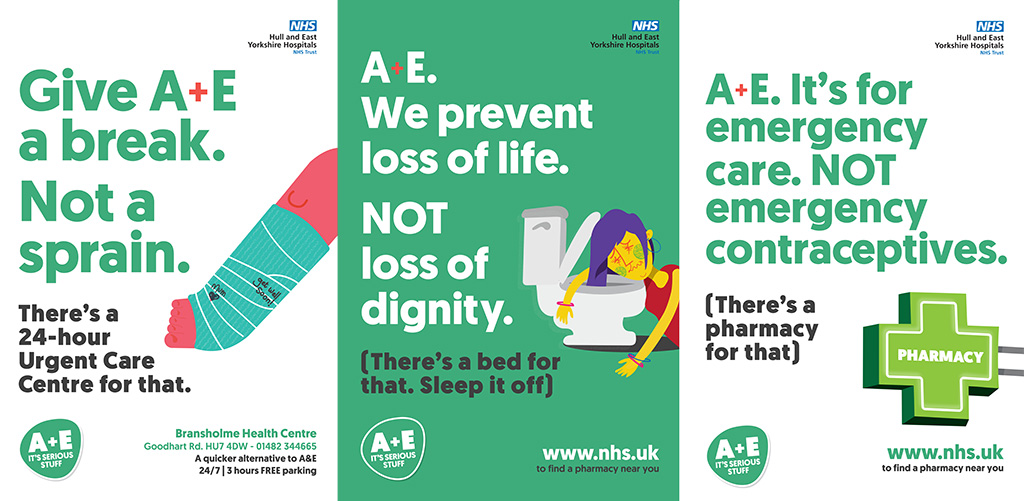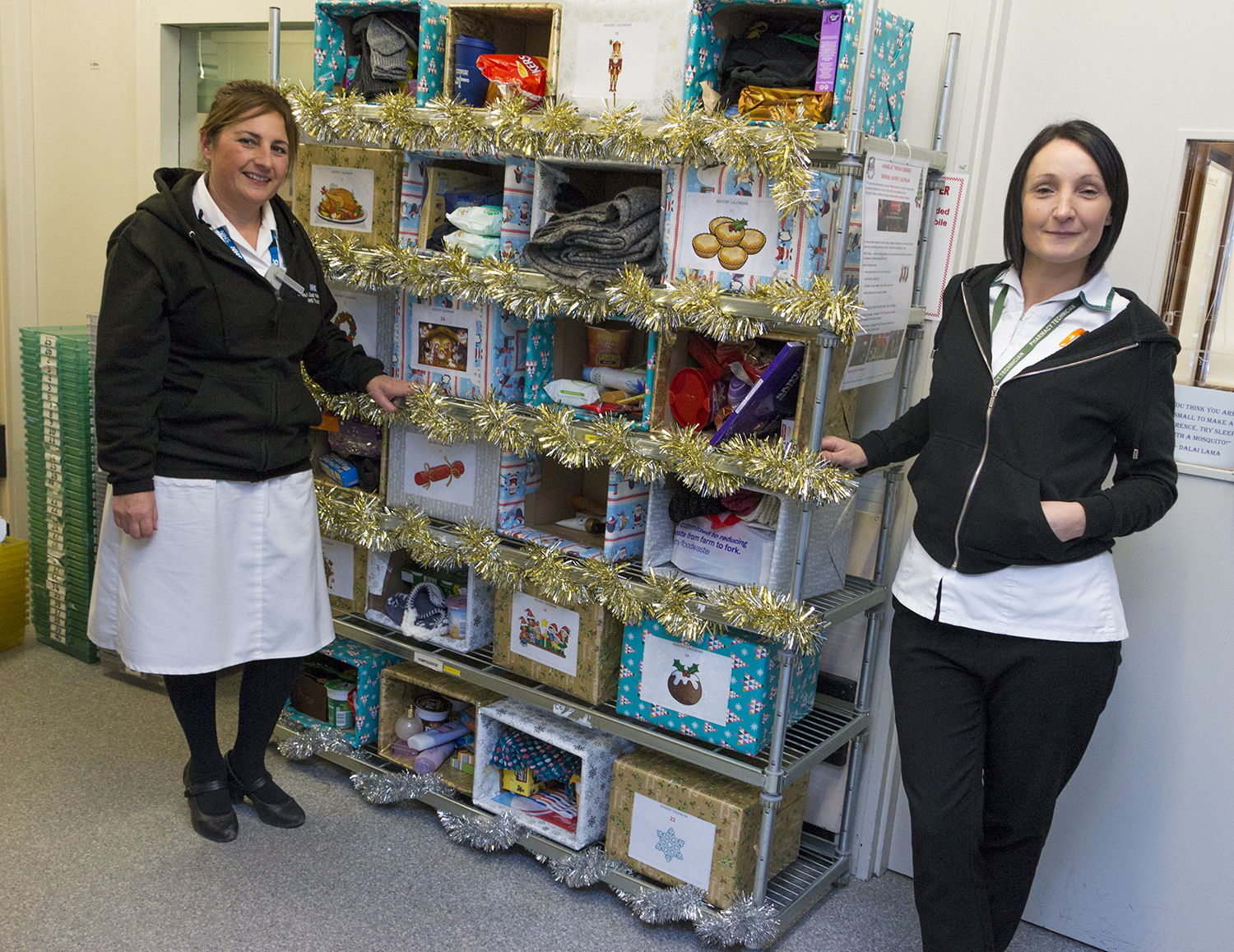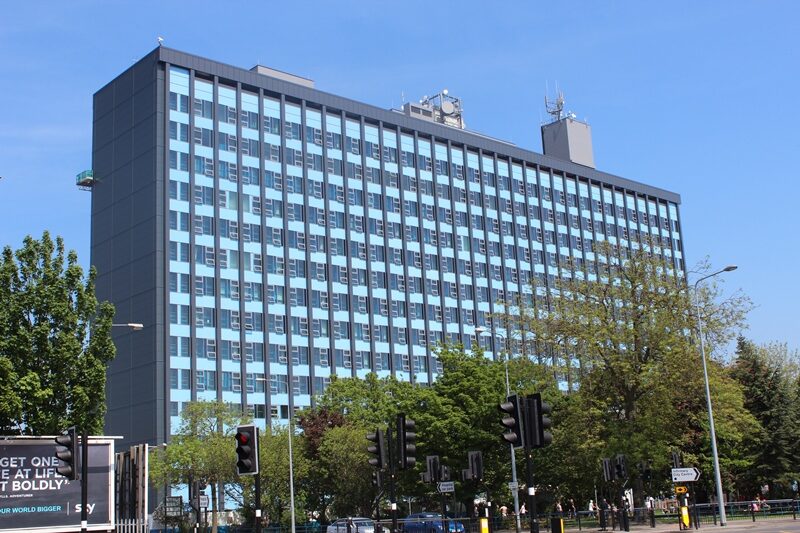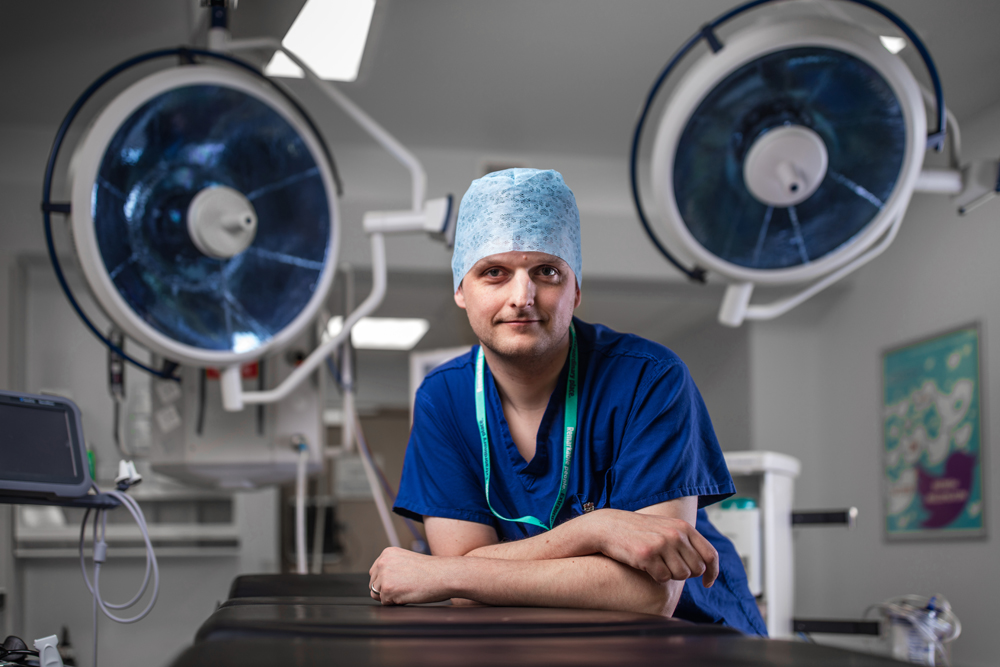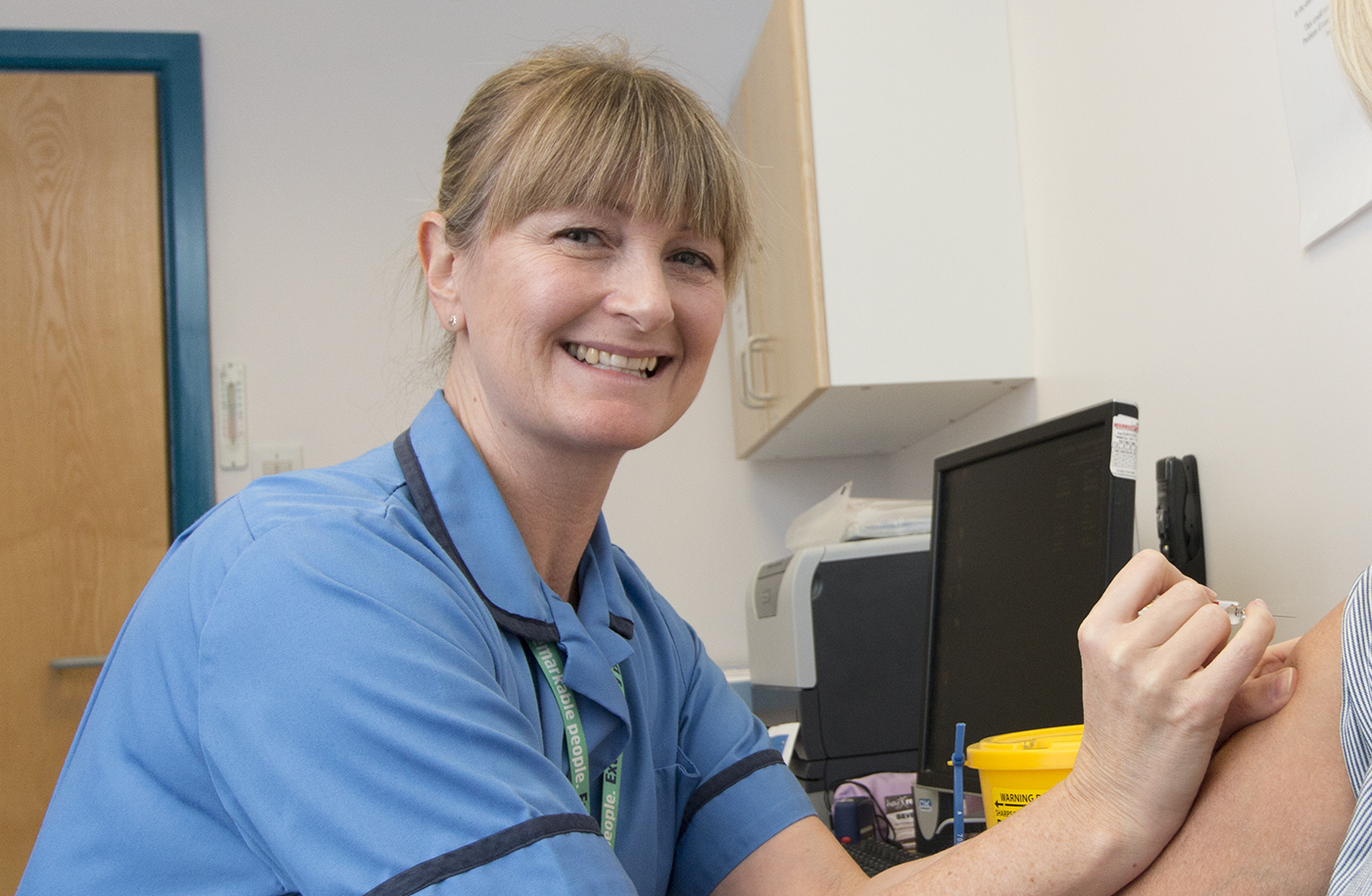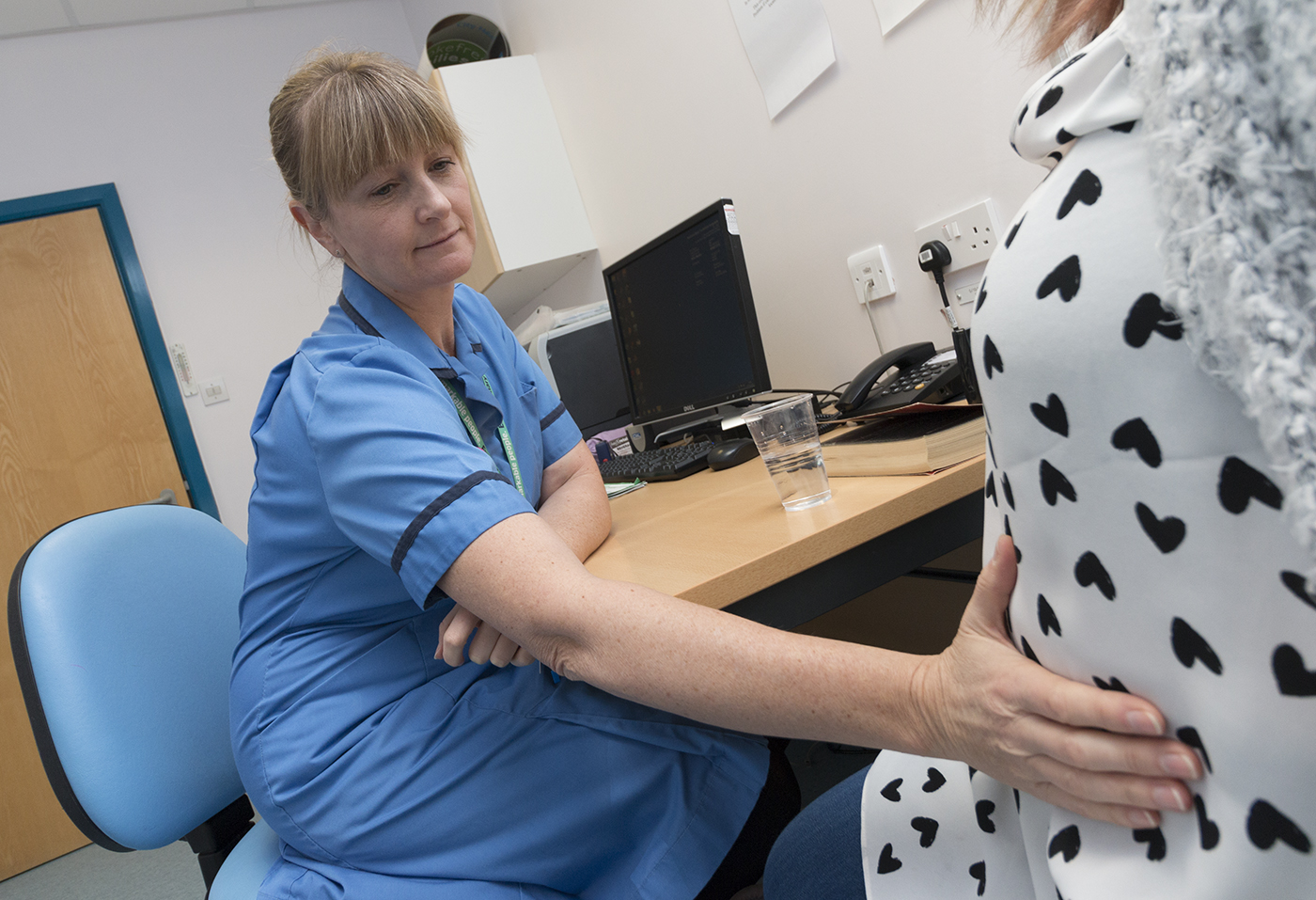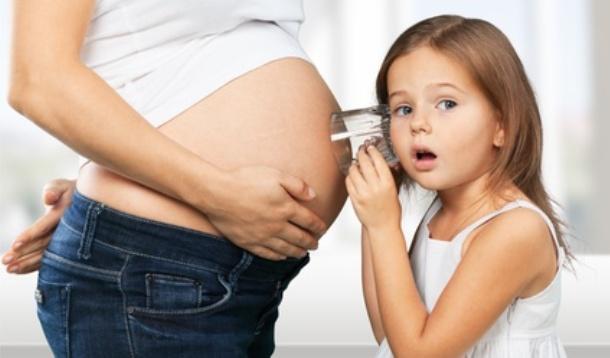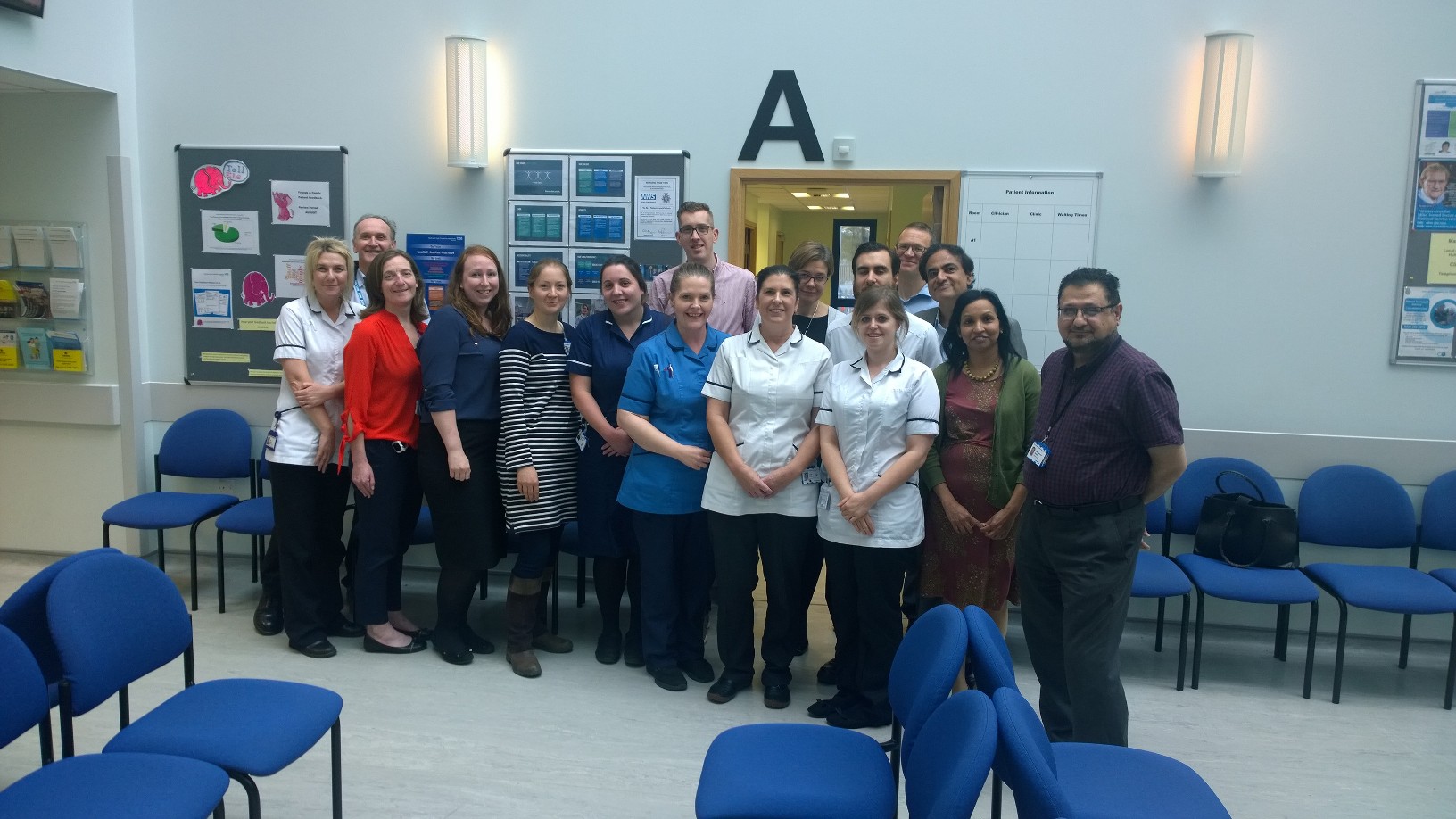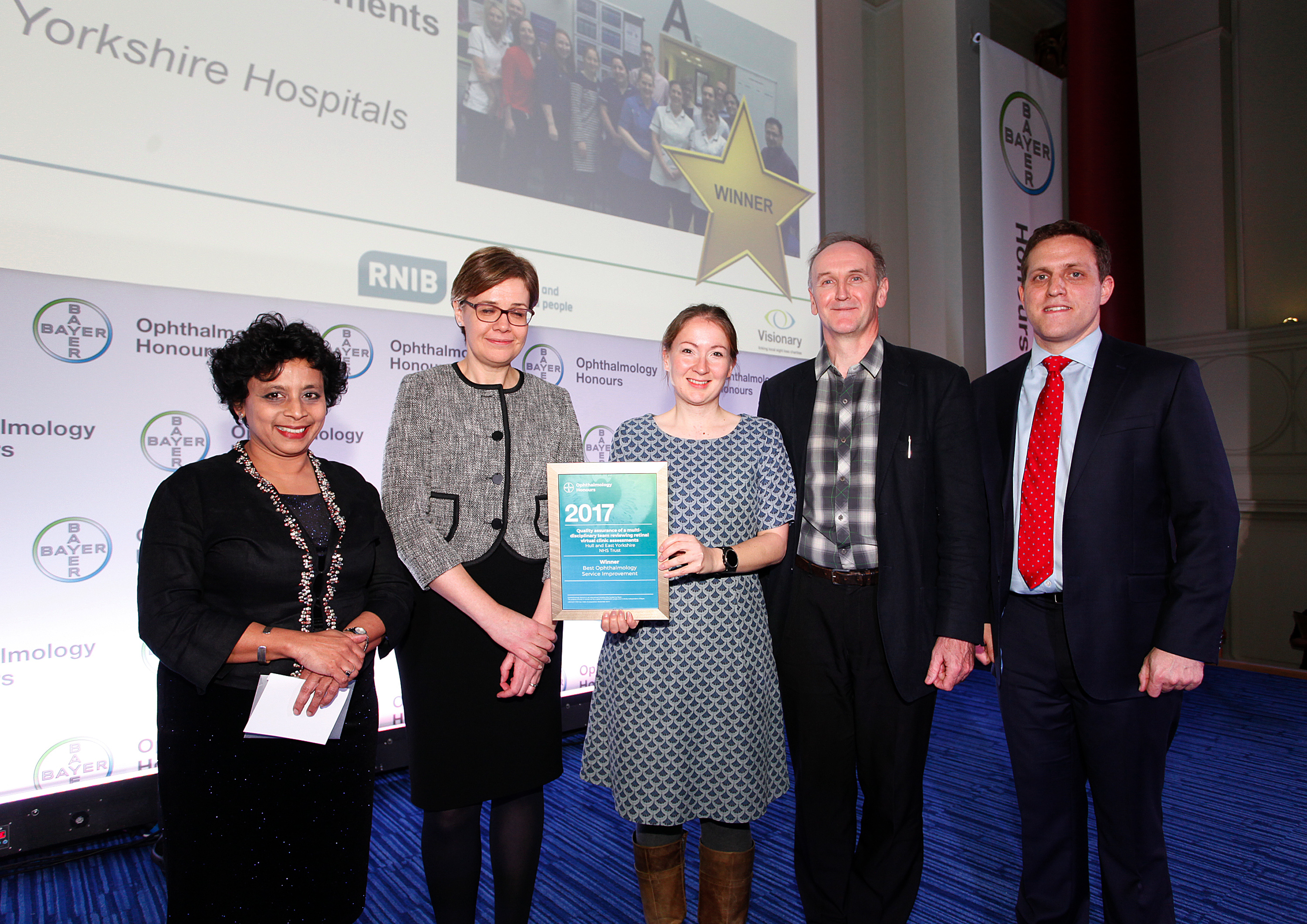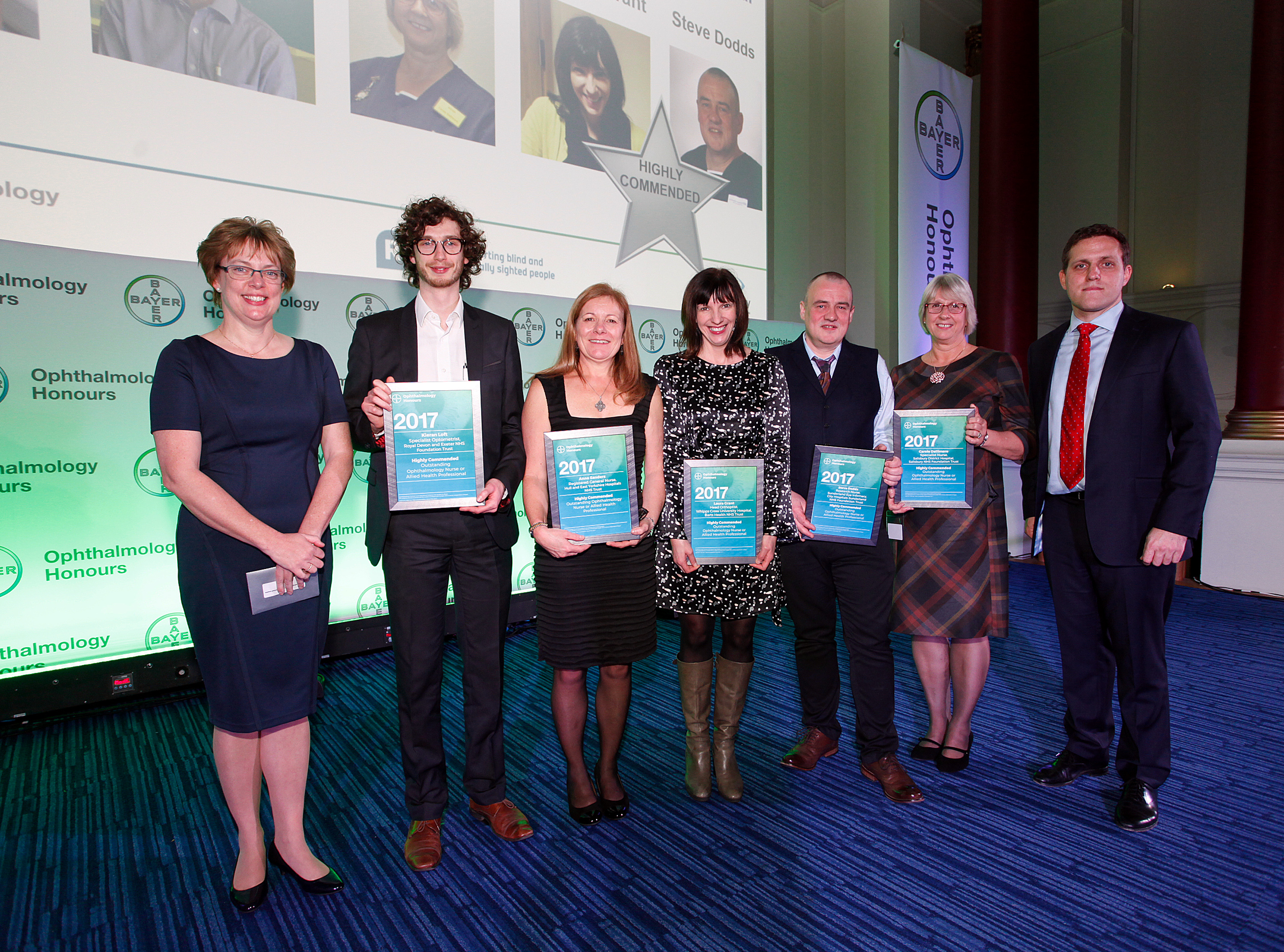A mother is thanking hospital staff who saved her and her baby son after she developed a life-threatening condition.
Caroline Latus, 35, was rushed to hospital when she was 32 weeks’ pregnant and staff at Hull Women and Children’s Hospital realised she had developed severe preeclampsia.
She underwent an emergency caesarean section and son Zach was born eight weeks early weighing just 2lb 7oz.
Now, Caroline and husband Will, 31, are preparing to celebrate their first Christmas with Zach after staff saved both his and his mum’s life.
“I’m just so grateful both Zach and I are still here,” said Caroline.
“The consultant told me later that if they had delayed giving me an emergency section, they could have lost either Zach or me, or both of us.
“I cannot praise the staff on the ward, in intensive care and in the neonatal unit enough for all they did for us.”
Caroline, who owns a web design business, and Will, who runs a gym in Chanterlands Avenue with his brothers, discovered they were expecting their first child on Boxing Day last year.
However, the 20-week scan revealed their baby had a growth restriction condition and Caroline went through a series of test and attended growth scan appointments every fortnight.
On July 14, Caroline had gone for a walk on a hot summer evening with Will but felt unwell when she returned to their home in Hessle.
She said: “I was suffering heart burn in the afternoon, during the evening the pain worsened so I decided to go to bed early but as soon as I laid down, I couldn’t breathe very well. I knew something wasn’t right and started to have cold shivers.
“I couldn’t reach my phone so had to wait for Will to come to bed to help me. We called the hospital and they said to come in straight away.”
Preeclampsia normally affects women in the second half of their pregnancies and early symptoms include high blood pressure and protein in urine. It can also cause severe headaches, problems with vision, severe heartburn, excessive weight gain caused by fluid retention and a sudden increase in oedema or swelling of the feet, ankles, face and hands.
If untreated, it can lead to convulsions, a liver and blood clotting disorder or a stroke, putting both the baby and the mother’s lives in danger.
Staff at Hull Woman and Children’s Hospital ordered blood tests and discovered her upper abdominal pain was a result of a deranged liver. The consultant was so concerned about Caroline’s deterioration that he arranged for an emergency section before the results from a second round of tests were known.
Zach was born shortly after 5am on July 15, weighing just 2lbs 7oz, and was whisked off to the neonatal unit where highly skilled staff began the battle to save him.
Caroline also faced her own battle for life and was taken across the footbridge to Hull Royal’s intensive care unit for specialist treatment.
Although Will was able to take photographs of their newborn son, it was 34 hours before Caroline was well enough to be taken over to the neonatal unit to meet Zach.
“I remember being wheeled across the footbridge and just bursting into tears because I was finally going to meet my son,” she said.
Staff in the neonatal unit helped Caroline to help Zach despite the wires and feeding tubes and she was able to have vital “skin to skin” contact with her son.
“It was just magical,” she said. “There were so many really poorly babies in the unit and I was just so relieved to have him with us.”
Zach spent three nights in the high dependency unit, one in the step-down “blue room” and the next five weeks in the special care baby unit until he was well enough to go home, weighing 4lbs.
Now 7lbs 2oz and five months old, Zach has had his final neonatal check and has been given the all-clear, with no complications linked to his prematurity.
As a thank you, Caroline and Will are keen to raise money for Hull’s Neonatal ward where Zach was a resident for 6 weeks to help other premature babies and families. Will is planning his first triathlon Ironman 70.3 challenge in Majorca in May with his uncle Sam to raise money for the unit. Visit https://www.justgiving.com/fundraising/zach-latus if you would like to contribute to his cause.
Caroline said: “We could have been looking at a completely different scenario this Christmas if staff hadn’t acted as quickly as they did when I was rushed to hospital.
“Zach is here and doing well, it wasn’t what you expect for a first pregnancy but it hasn’t put us off and we’re hoping to give him a brother or a sister one day.”



